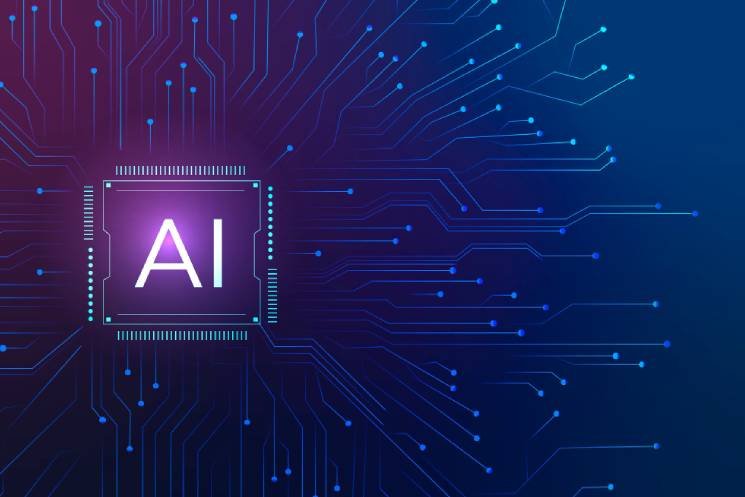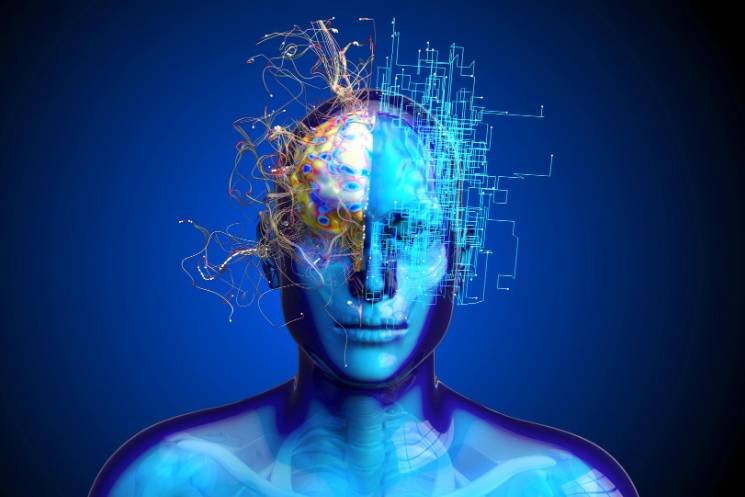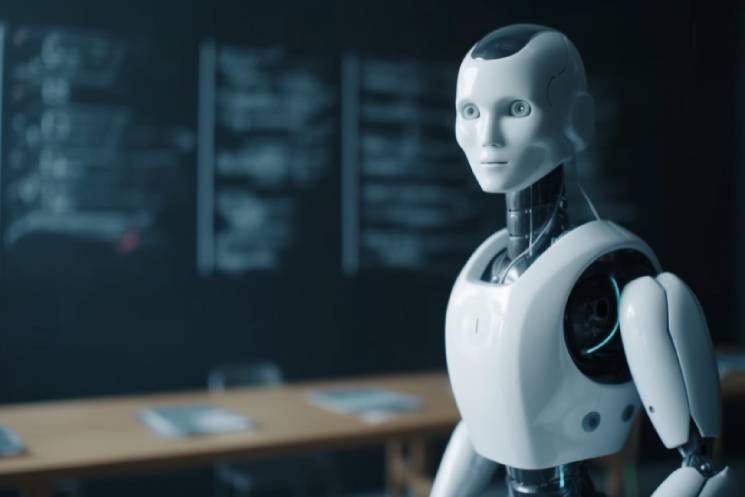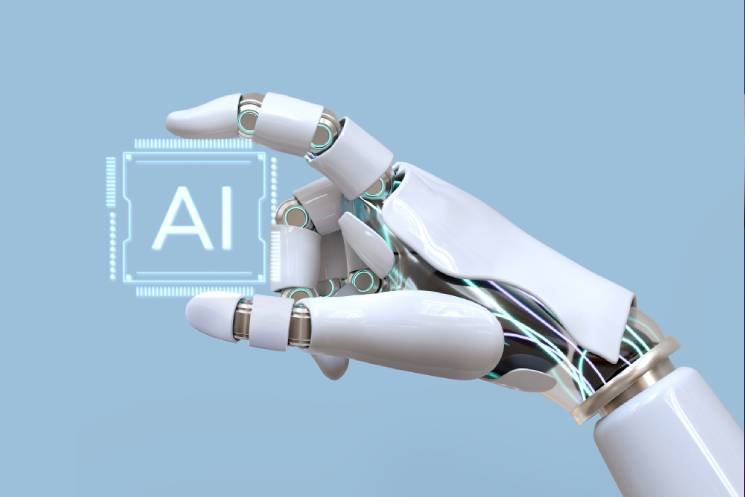

Inicio » Artificial Intelligence
Share note:
Artificial intelligence (AI) is a computer science discipline that focuses on creating systems that can perform tasks that normally require human intelligence, such as learning, perception, reasoning and problem solving. AI has been the subject of study for decades, and has evolved greatly since its inception. The term “artificial intelligence” was coined by John McCarthy in 1956, and since then there have been many advances in the field.
One of the first milestones in the history of AI was Alan Turing’s work in the 1940s, in which he proposed a theoretical model of a machine capable of performing any task that could be described by an algorithm. Since then, AI has evolved to include a wide variety of techniques and approaches, such as machine learning, computer vision and natural language processing. AI is used in a variety of applications, from virtual assistants to autonomous driving systems, and is expected to continue to grow in importance in the future.
While AI has many potential benefits, there are also concerns about its impact on society and the economy. Some fear that AI could lead to job automation and job losses, while others are concerned about privacy and data security. As AI continues to advance, it is important to carefully consider its implications and work to ensure that it is used responsibly and ethically.
Artificial Intelligence (AI) is a branch of computer science that focuses on creating systems that mimic human behavior. The history of AI dates back to the end of the 19th century, when mathematical logic began to develop rapidly and the foundations were laid for the creation of the first computers in the 1940s.
One of the pioneers of AI was the British mathematician Alan Turing, who in 1950 published a paper entitled “Computing machinery and intelligence” in which he proposed the Turing Test as a way to assess the intelligence of a machine. The test consists of a human interacting with a computer through a keyboard and a screen, and if the human cannot distinguish whether he or she is talking to a person or a machine, then the machine is considered to have passed the test.
In the 1950s, the term “Artificial Intelligence” was coined by scientist John McCarthy, who founded the Artificial Intelligence Laboratory at MIT. McCarthy and his colleagues developed the LISP programming language, which became one of the most widely used languages in AI systems programming.
Over the following decades, AI has developed exponentially, thanks to advances in areas such as machine learning, computer vision and natural language processing. Today, AI is used in a wide variety of applications, from virtual assistants to autonomous vehicles and medical diagnostics.
In short, the history of Artificial Intelligence dates back to the end of the 19th century, when mathematical logic began to develop rapidly. Over the ensuing decades, AI has evolved through advances in areas such as machine learning and computer vision. AI is currently used in a wide variety of applications and is expected to continue to evolve in the future.

Artificial Intelligence (AI) is a field of computer science that focuses on creating systems and programs that can perform tasks that normally require human intelligence. AI is based on the idea that a machine can be programmed to mimic the way humans think and solve problems.
Machine Learning is an AI technique that allows machines to learn from data without being explicitly programmed. Machine Learning algorithms use data to identify patterns and make predictions. Common types of Machine Learning include classification and regression, and generalization is a key concept in Machine Learning.
Natural Language Processing (NLP) is a branch of AI that focuses on human language understanding and generation. PLN is used in applications such as chatbots, Siri and Alexa to enable human-machine communication in natural language.

Computer Vision is an AI technique that allows machines to analyze and understand images and videos. Computer Vision systems are used in applications such as object detection and image classification.
Expert Systems are AI programs that mimic the knowledge and experience of a human expert in a specific field. Expert Systems are used in applications such as medical diagnosis and business decision making.
Robotics is a branch of AI that focuses on the creation of intelligent robots. Intelligent robots can perform complex tasks and adapt to changing environments.

Artificial General Intelligence (AGI) is an AI theory that focuses on creating systems that can perform any intellectual task that a human being can perform. AGI is a long-term goal of AI research.
Generative AI is an AI technique that focuses on creating models that can generate new data. Generative AI models are used in applications such as text generation and image creation.

Problem Solving and Decision Making is a branch of AI that focuses on creating systems that can autonomously make decisions and solve problems.
AI Engineering and Technology focuses on the creation of AI systems and programs. Engineers and computer scientists work on the design and development of AI algorithms and systems.
AI Regulation focuses on creating policies and regulations for the use of AI. AI regulation focuses on security, privacy and ethics.

AI has a significant impact on society. The effects of AI can be seen in areas such as economics, politics and culture.
AI has become a popular topic in pop culture. AI has been depicted in movies, television shows and books.
The future of AI is uncertain, but AI is expected to have a significant impact on the economy, politics and society in general. Researchers and scientists continue to work on creating more advanced AI systems and programs.
Artificial intelligence (AI) is a branch of computer science that focuses on creating systems capable of performing tasks that require human intelligence, such as learning, decision making and problem solving. AI is based on algorithms and mathematical models that allow machines to learn from data and improve their performance over time.
The three types of artificial intelligence are weak artificial intelligence, strong artificial intelligence and superintelligent artificial intelligence. Weak artificial intelligence is capable of performing specific tasks, while strong artificial intelligence can perform any intellectual task that a human being can do. Superintelligent artificial intelligence is a hypothetical form of AI that surpasses human intelligence in every respect.
Artificial intelligence works through the use of algorithms and mathematical models that allow machines to learn from data and improve their performance over time. AI is based on machine learning techniques, such as supervised learning and unsupervised learning, which allow machines to learn from data and improve their performance over time.
Artificial intelligence has many potential benefits, such as automating repetitive tasks, improving efficiency and accuracy in decision making, identifying patterns and trends in data, and improving healthcare and public safety.
Artificial intelligence also presents some risks, such as the creation of bias and discrimination in AI systems, the elimination of jobs and the creation of economic inequalities, and the possibility of machines overtaking human intelligence and becoming a threat to humanity.
Artificial intelligence will have a significant impact on the future of work, as many tasks are expected to be automated and new job opportunities will be created in AI-related areas. AI is expected to have a particularly large impact on jobs involving repetitive and routine tasks, while jobs requiring social and emotional skills will be less affected.
Would you like to apply new technologies in your projects? In Virtual Arena we are specialists in consulting and development of digital technologies for companies and institutions.
Recent articles
Do you have a project in mind?

Download our
E-book for FREE!
Discover the B2B marketing trends for 2026 that will revolutionize your sales.